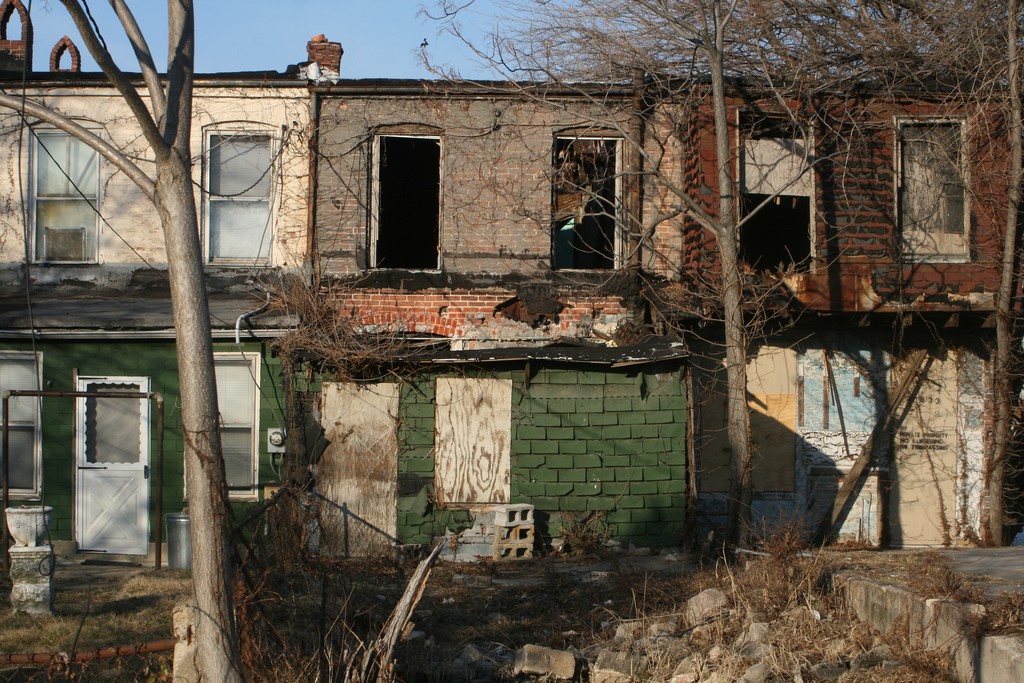
Private renting is on the rise, but what are the knock-on effects for young people’s income, pensions and futures? Elizabeth Grey looks at the deeper issues.
That more people than ever are renting privately is a well-worn story. That it’s feeding into fast-rising house prices in some areas – thanks to its support of Buy-to-Let – and creating a feedback loop of rising rents is a familiar consequence.
But unless more affordable housing is made available – and soon – there are under-discussed, longer-term effects that will resonate down the decades. This isn’t, much as The Telegraph comments section would have you believe, just about hipsters spending too much on iPhones to bother with housing deposits.
Let’s start with some facts. The number of people living in private rented accommodation grew from 2.2m in 2002/03 to 9m in 2015. Private renters in Britain also face having to pay twice the EU average in rent (in proportion to income) and face the least-secure tenancies.
It means people who can’t afford to get on the housing ladder are forced into private accommodation where many are increasingly unable to afford their rent. The housing benefit bill is getting bigger, in line with increasing rents. Typically all housing benefit does is subsidise rising private rents, inflating the Buy-to-Let market. Rather than tackle the fundamental issue, housing benefit exacerbates it: it’s a tax rebate to landlords.
If this continues the upward trajectory of house prices and rents will continue. And if that continues, young people’s income is squeezed further. Fine, they should move somewhere cheaper and cut down on their craft beer bill. But what else is squeezed out?
Saving
The first things to go are long-term expenses: savings. Savings for a house deposit, and savings for a pension. This is a time bomb waiting to happen.
Let’s begin with the pensions. Estimates vary as to how large a pension pot you need. Some go as high as £400k for a ‘basic standard of living’. What’s certain is that hardly anyone saves enough, and for that to change has never been more important.
Previously the system was such that the younger, working generation pays for the older, retired generation. But our ageing population has made that untenable. Now, not only are today’s workers having to pay for a ballooning pensioner population, they have to pay for their own retirement.
And if young people don’t save now they’ll have a tough time catching up on the compound earnings their savings and investments could have been making had they started saving sooner. But they couldn’t because they were too busy paying enormous rents when they could have been paying cheaper mortgage payments, if only they’d been able to get a deposit together.
Buying a home
Which brings us to the deposit problem. It’s already difficult to get a housing deposit together without the Bank of Mum and Dad. Factor in rising rents – and that deposits get larger along with rising house prices – and it seems that much more impossible. You’d forgive someone for permanently putting a pin in buying.
For those who do try, it means they’ll be paying off their mortgage later in life. The average age of the first time buyer is already at its highest, and we’re seeing a corresponding increase in the number of people paying off their mortgage aged 50+. An Ocean Finance study found that one in three homeowners will still be paying off their mortgage as they approach retirement, and some will still be paying past the age of 70, necessitating an even longer working life or an especially austere retirement. Neither is an appetising prospect.
Who will pick up the slack and pay into freezing pensioners’ electricity meters? There’ll be no inheritance to fall back on, as people are already selling their homes to cover care costs, rather than passing them down in the traditional act of generational redistribution. The state can barely afford to pay the already relatively meagre retirement benefits we have now, let alone lend a hand to an entire generation on inadequate defined contribution schemes.
Alternatively, parents might help their children onto the housing ladder earlier. But that means dipping into their retirement savings. Chances are they’ll need a hand from their children to pay for care by the time they get there – because they spent their capital helping with the deposit.
The long and the short of it is this: housing is eating up an ever larger proportion of income. And in doing so is trapping us in a feedback loop where that will become ever more the case. The effect ripples out to everyone. It makes paupers of pensioners and tips workers into poverty, forced to prop up the retirement of others, unable to save for their own.
Affordable housing isn’t just about giving poor people somewhere to live; it’s at the centre of the British economy in every way. And that counts double for pensions. Thanks to the ageing population, we’re already facing a retirement crisis. Unless we improve the housing situation, it only serves to amplify the pension problem.
